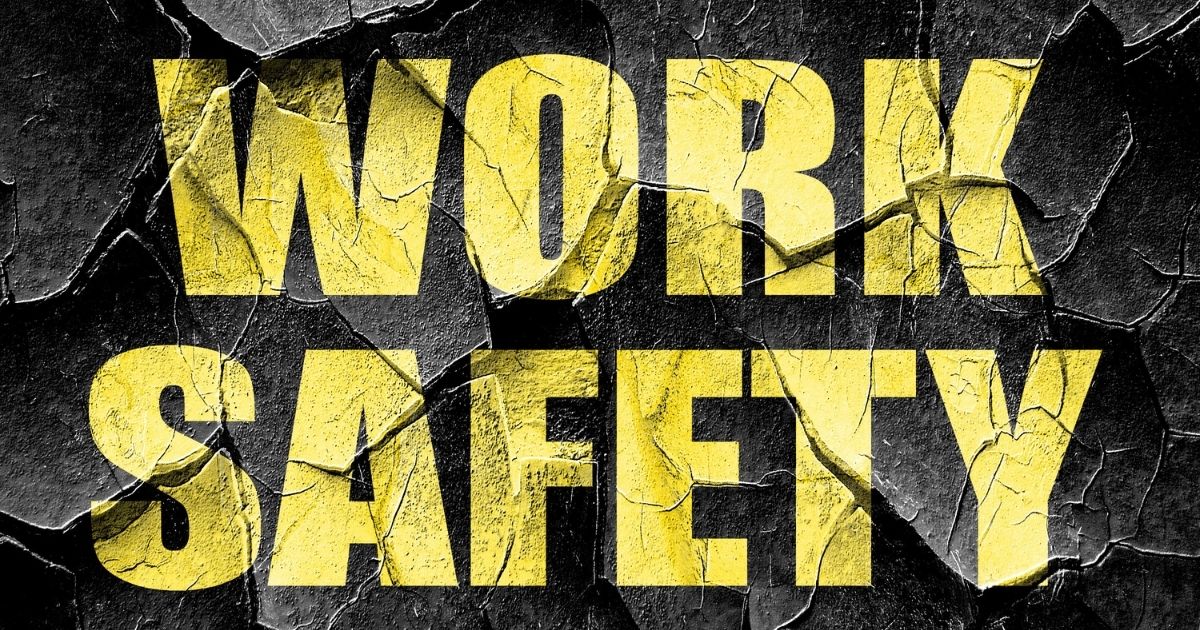
On job sites, there are many hazards. Many of these hazards can be dealt with, but accidents do occur. One of the biggest hazards on job sites are holes, which can lead to many injuries from falls. When workers have fallen and sustain various injuries because of onsite working conditions, an experienced lawyer can work with victims to aid them in getting Workers’ Compensation. The lawyer can ensure victims know their rights, have the representation they need, and work to ensure that the most compensation possible is awarded.
What are Some Hazards on Job Sites?
The most common hazards on construction or job sites are excessive noise distracting the crew, large loads being moved around or cluttering a space, tripping factors, or hazards and unprotected ledges. Falls are among the most common causes of serious work-related injuries and death.
What can be Done to Prevent a Fall from a Hole?
First off, it is very important that workers receive the appropriate training and the correct safety procedures are being practiced. This is vital in preventing falls or on-site injuries.
It is essential for workers to create a cover or put rope around an unprotected edge. This ensures safety to those working on the project and others on the job site. Another safety practice to follow is designating areas with holes as off limits. This could almost ensure that no accidental falls will happen. It is protocol that hole coverings must be able to support twice the weight of a worker and their tools or equipment. It strongly suggested that workers do not carry material too large that will block their own or anyone else’s vision; this is a time to make sure that the fall arrest system is in place. As always, a clean work area is key to ensure that there is no risk of tripping.
What is Considered a Hole on a Job Site?
Any type of manhole, unprotected hole on the floor or roof, roadway holes, or holes inside buildings are considered a hole with the potential of hazard.
What is a Floor Hole?
A floor hole is related to missing floorboards, sunken gravel or dirt, roof or floor drains, elevator shafts, manholes, and skylights to name a few.
What is Important to Know Regarding Safety and Job Site Holes?
All workers should know that the contractors on sight play a huge role in their workers’ safety. It is suggested that holes more than six feet deep require protection by the fall arrest system, guardrails, or covers. Holes that are less than six feet deep require employees to be protected from tripping or stepping into the holes by placing covers on them.
How can a Fall on a Job Site be Prevented?
An employee can prevent a fall by ensuring that there are guard rails and additional supports such as safety harness lines, nets, railings, and other protections. There are several hazards for which all workers must be aware to avoid falls or injury. These include falls from height, skylights and holes, fragile surfaces and deteriorating materials, falling objects, and scaffolding and elevated work platforms.
In most cases, the higher the fall, the more severe the injury. Any type of injury related to height and falling can result in head, neck, or back trauma. Therefore, contractors must ensure their workers have the materials and gear needed to stay safe.
Exton Workers’ Compensation Lawyers at Wusinich, Sweeney & Ryan, LLC Help Injured Workers Recover
When workers are exposed to job site holes and find themselves subject to a hazard where they become injured, they are eligible for Workers’ Compensation. If you were the victim of an accident at work, the Exton Workers’ Compensation lawyers at Wusinich, Sweeney & Ryan, LLC will fight to help you obtain the benefits for which you are entitled. Contact us online or call us at 610-594-1600 for a free consultation today. We are located in Exton, Pennsylvania, and we serve residents of Downingtown, West Chester, Exton, Coatesville, Phoenixville, Malvern, Lyndell, Wagontown, Uwchlan Township, Parkesburg, Chester Springs, Lancaster County, Reading, and Morgantown.




